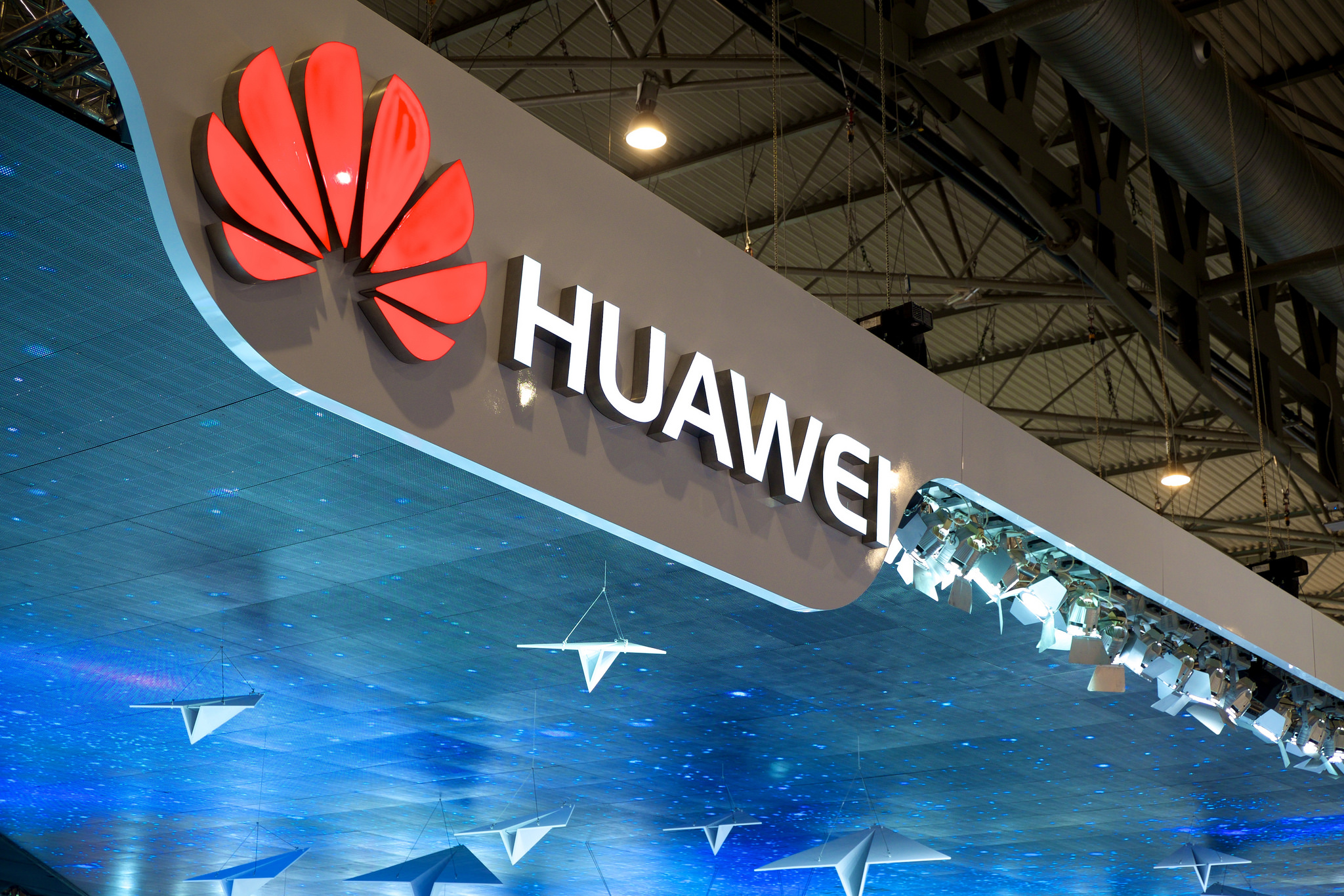
Despite the company’s massive investments in Ontario, Canada has denied two Huawei employees entrance to Canada on the basis of espionage concerns.
As was first reported by the South China Morning Post, Canada is preparing to reject the immigration applications of two employees of the world’s third largest smartphone maker.
A Canadian immigration officer at the Hong Kong Consulate reportedly told one of the applicants that they were part of an “inadmissible class of persons described in section 34(1)(f) of the Immigration and Refugee Protection Act,” as was reported by SCMP.
This statement refers to individuals involved in government subversion, espionage or terrorism. Reports indicate that both employees received their “procedural fairness” letters in the middle of March.
Though previous concerns have been expressed about Huawei’s involvement with espionage, the company has denied these allegations repeatedly. Despite this, a 2012 United States government committee determined that Huawei was indeed a threat to national security.
According to a report published by the Permanent Select Committee on Intelligence, the United States is not the only country to limit or ban Huawei operations within their borders.
Australia and Great Britain are also cited in The Investigative Report on the U.S. National Security Issues Posed by Chinese Telecommunications Companies Huawei and ZTE, as harbouring concerns about allowing Huawei to break into their national telecom markets.
The report goes on to report a significant lack of trust in Chinese telecom services such as Huawei and ZTE, as well as institutions that have Chinese governmental support in committing espionage.
“Chinese intelligence collection efforts against the U.S. government are growing in ‘scale, intensity and sophistication.’ Chinese actors are also the world’s most active and persistent perpetrators of economic espionage,” reads the report.
“U.S. private sector firms and cybersecurity specialists report an ongoing onslaught of sophisticated computer network intrusions that originate in China, and are almost certainly the work of, or have the backing of, the Chinese government”
However, while failing to make significant inroads in the U.S., Huawei became deeply integrated with Canada’s smartphone market and has gone on to invest heavily in further strengthening its place in Ontario.
As was reported by The Globe and Mail, two years ago that Huawei would invest $210 million in Ontario operations which would go on to create over 325 new jobs in the province over the following five years. Furthermore, in 2014, Huawei also pledged to invest $500 million in Canada by 2020.
In addition, the company opened its first Ontario office in 2008, and since then has announced numerous investments in Canadian markets. Among the first of these was the $67 million Huawei dedicated to an Ottawa-based research and development centre in 2010.
The applicants’ immigration consultants were of the Beijing-based Well-Trend United. The vice-president of Well Trend, Victor Lum, stated that both employees of Huawei have denied spying activities of any kind.
While the two employees weren’t identified, Lum went on to say that the employees’ job descriptions were nothing short of ordinary, making their association with Huawei one of the only logical explanations for their refusal.
“The only common thread is that they work for Huawei, the largest telecom equipment manufacturer in the world, with over 170,000 employees, and R and D institutes all over the world, including, ironically, Canada. What our clients find particularly galling is that they know of many former Huawei colleagues who have successfully immigrated to Canada,” Lum told SCMP.
In March, the UK security board declared that Huawei posed no national security threat, and neither American nor Australian officials have ever been able to substantiate spying by Huawei or its staff.
However, according to documents leaked by Edward Snowden in 2014, the NSA has broken into Huawei’s Shenzhen servers, as reported by the New York Times.
The applications of the two employees were apparently denied during the final stages of the immigration process. Despite allegations one way or the other, Canadian officials maintain that the onus is on the applicants to prove that they don’t pose a threat to Canadian national security.
Related Reading: Huawei and Ontario government partner to develop 5G network infrastructure
[source]South China Morning Post[/source]


